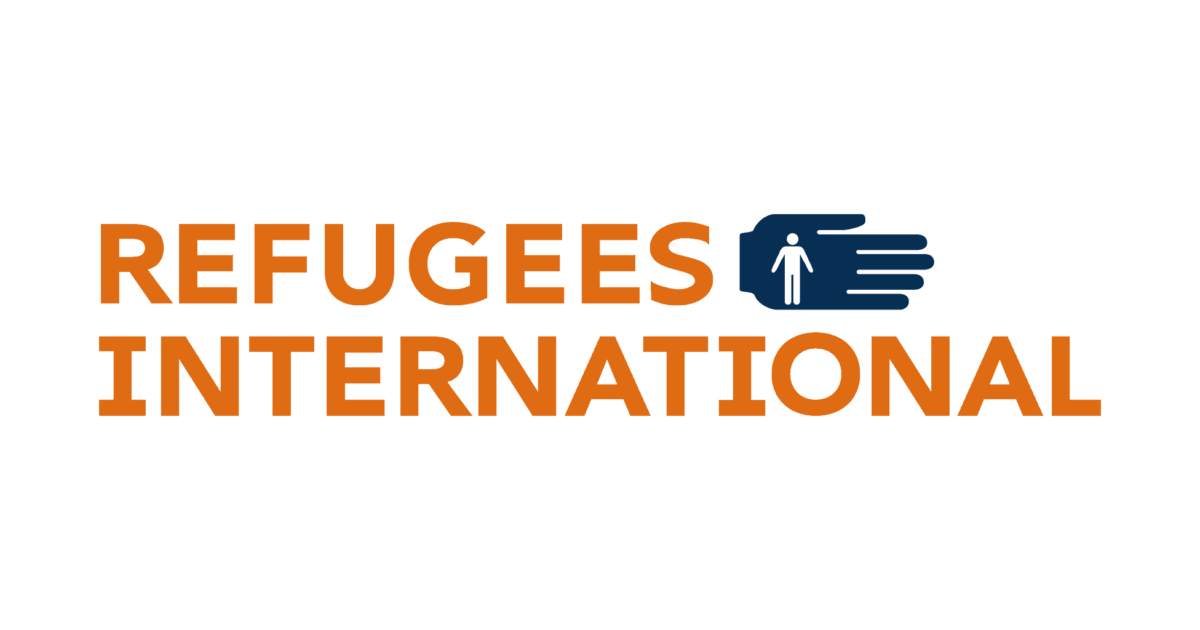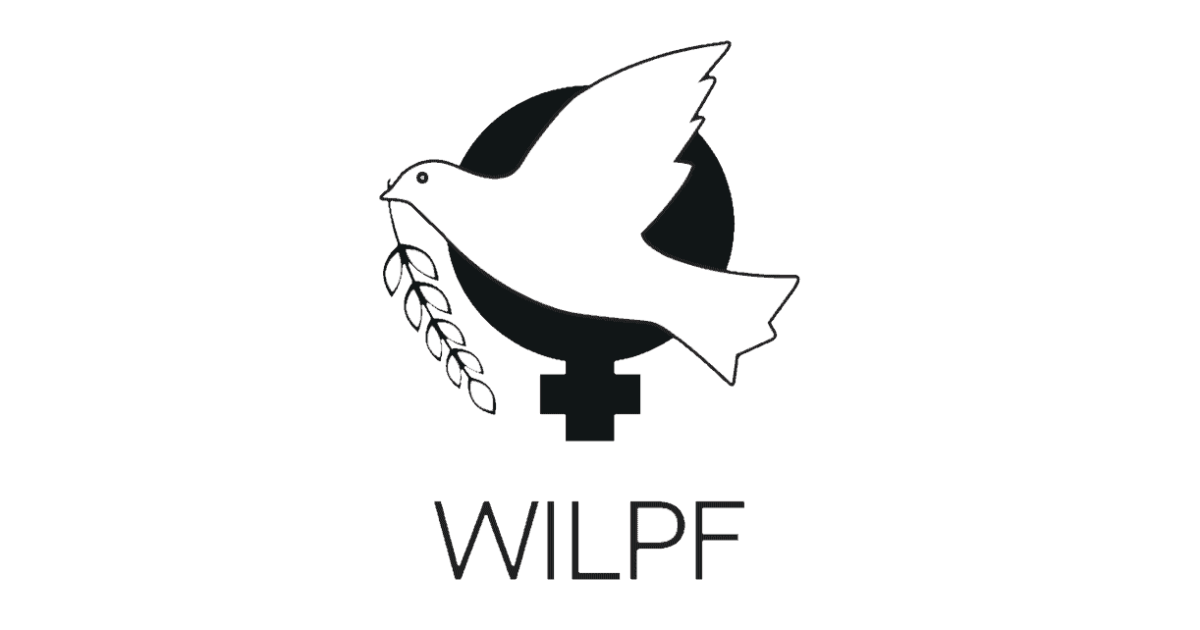Libya
Libya
Years after the deposition of dictator Moammar Gadhafi as part of the Arab Spring, Libya remains in a deteriorating security situation that is especially volatile for women. Sexual and gender-based violence during the war, including mass rape, has yet to be investigated, and women’s rights have continued to decline as different Islamic groups strive to curtail freedoms throughout the country. Violence against women remains common, but reporting remains low; like political and civic participation, reporting and activism by women remains deterred due to threats of violence or death.
Since 2011, Libya has passed new laws which discriminate against women, including the legalization of polygamy and quota reductions for women’s representation in Parliament. Although a party to the Convention on the Elimination of All Forms of Discrimination against Women (CEDAW), Libya does not have a National Action Plan per resolution 1325 (2000).
Due to the high rates of discrimination, exclusion and violence faced by women in Libya, the NGOWG advocates for the Security Council to continue supporting the United Nations Support Mission in Libya (UNSMIL) to include women as full and equal partners in supporting the transition of power to the Government of National Accord, which has struggled to establish legitimacy and control. Without the inclusion of women, the new government will face greater challenges to creating sustainable peace in Libya and continue exposing Libyan women to extreme risk of violence.
Current and Past Recommendations to the UN Security Council (Monthly Action Points)
The Security Council will be considering the most recent report on the implementation of the mandate for the UN Support Mission in Libya (UNSMIL). The report and any briefings by senior UN leadership, should provide analysis of the situation for women and the gendered impact of the conflict on the population, in addition to details regarding UNSMIL’s efforts to support women’s participation in conflict resolution and peace processes, engagement with women’s civil society organizations and efforts to protect women’s rights. With the deteriorating security situation and the threat posed by armed groups and illicit arms proliferation, high profile female public figures, including human rights defenders (HRDs), civil society leaders, activists, journalists and politicians, continue to be targets of assassinations, abductions and sexual violence. Women are similarly subjected to violations by armed groups in their daily lives, such as harassment at security checkpoints. Although the national order restricting women’s unaccompanied travel was repealed, the replacement order imposes restrictions on all women and men aged 18 to 45 and is, thus, a violation of the right to freedom of movement.
Relevant Resources










